The Nobel experience: a unique opportunity for young scientists
Each year, promising young researchers from around the world are mentored by Nobel laureates at a unique week-long meeting in Lindau, Germany.
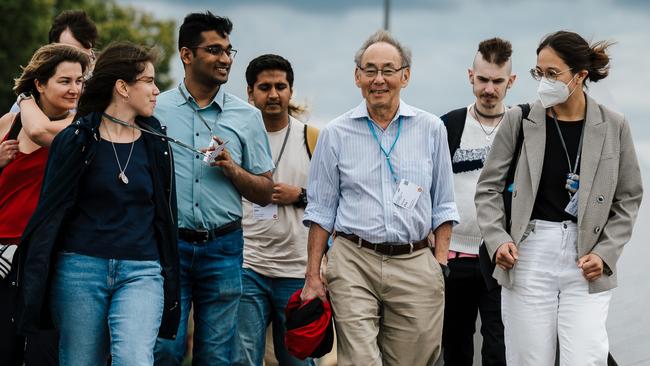
For two decades the Australian Academy of Science has regularly sent a group of the country’s best young scientists to a unique conference held on the island of Lindau on Lake Constance in southern Germany. The annual Lindau Nobel Laureate Meetings, first held in 1951, bring over 600 young scientists from around the world each year to spend a week mixing with about 40 Nobel prize-winners. They attend lectures, participate in discussions, meet over lunch, chat over coffee and take walks with the laureates around the historic town.
This year the Academy of Science sent 11 young scientists from Australia to the meeting, which was on physics. (The topic changes every year, cycling through the Nobel science prizes – physics, chemistry and physiology/medicine – as well as economics and an interdisciplinary meeting.) The academy has now sent a total of 189 young researchers to the Lindau meetings since 2005.
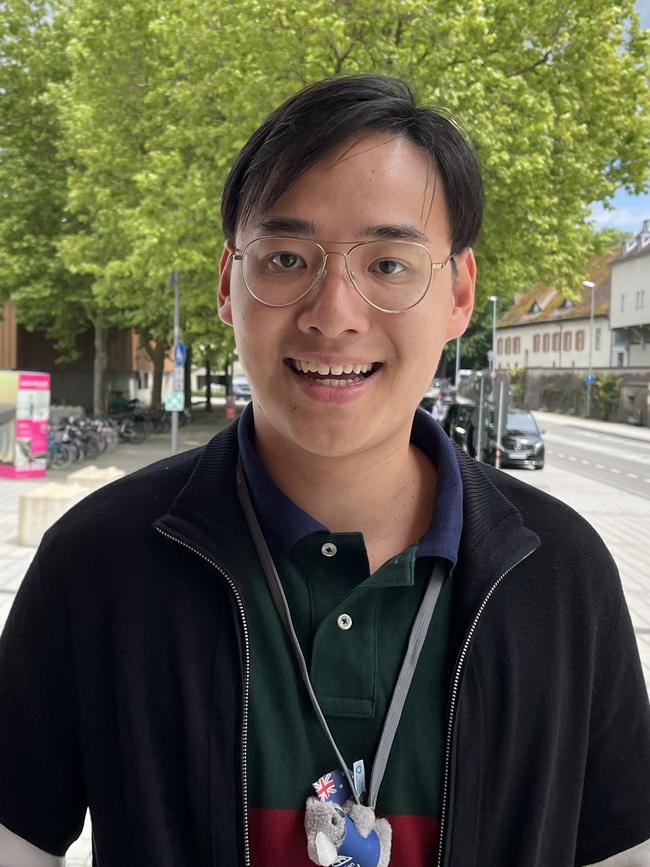
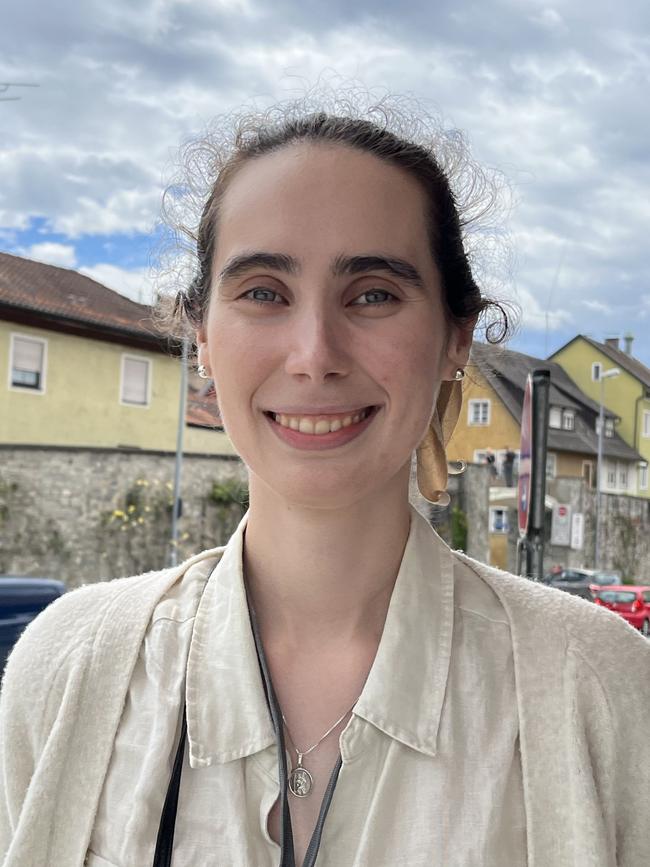
Simon Weng, who was completing his astrophysics PhD at the University of Sydney, said Lindau was a “surreal” experience and definitely “motivating”. “I’m not sure when I’ll see this many Nobel laureates ever again in my life in one place,” he said.
Emily Kerrison, another University of Sydney astrophysics PhD student, said the Lindau meeting had been billed as a “once-in-a-lifetime experience”, and so it proved to be. There was a broad range of laureates from many areas of physics meeting with young physicists working in a similar broad range of areas. “Really incredible,” she said.
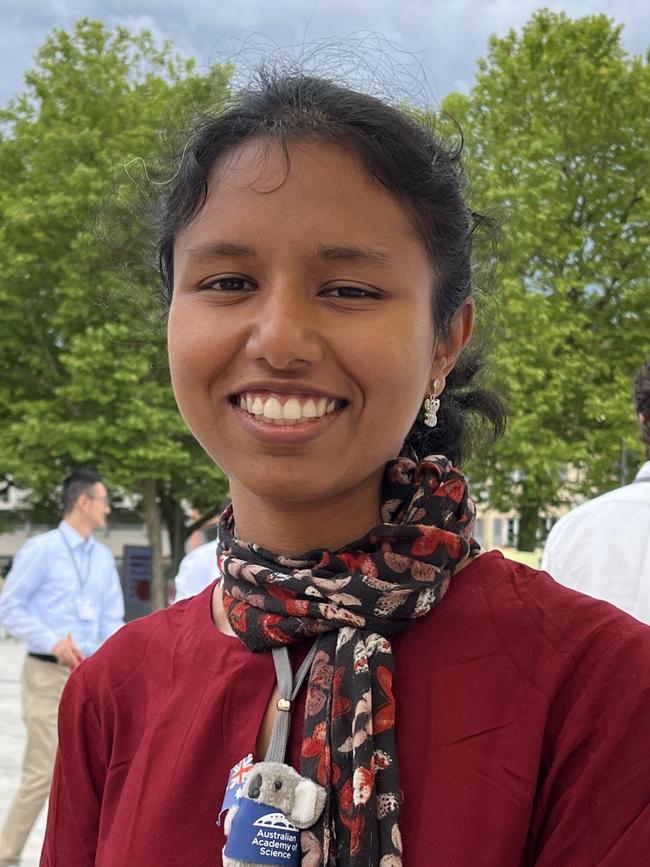
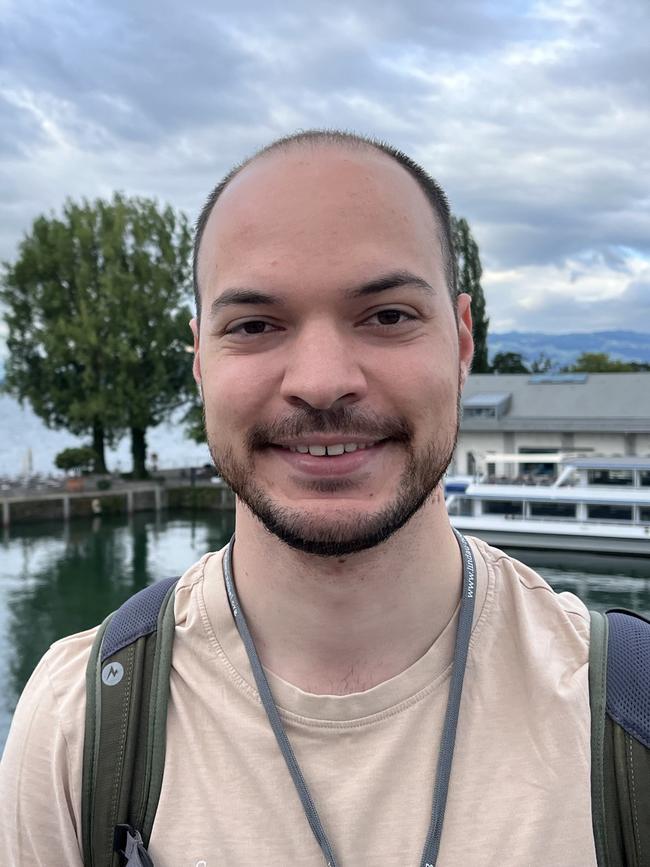
Barnali Das, an Indian astrophysicist currently working at the CSIRO, said she found it extremely valuable that the discussions had extended beyond science itself into broader areas. “One thing that I am taking from this meeting is our responsibility to society. I think, after this meeting, I will be much more enthusiastic to do outreach. It is as important as my research,” she said.
Timothy Harris, a young Australian quantum researcher at LMU Munich attending Lindau separately to the Australian delegation, said he welcomed the discussion at Lindau about many “big-picture problems”.
“We’ve just been discussing energy solutions. We’ve been discussing AI and the move towards machine learning and big data. And then a bit of quantum technologies on the side,” he said.
Neither did the laureates at this year’s meeting limit their activities to pure science. At the end of the week they issued a declaration warning of the rapidly growing risk of nuclear weapons, saying that “an accelerated arms race is under way” and “the situation is dire”.
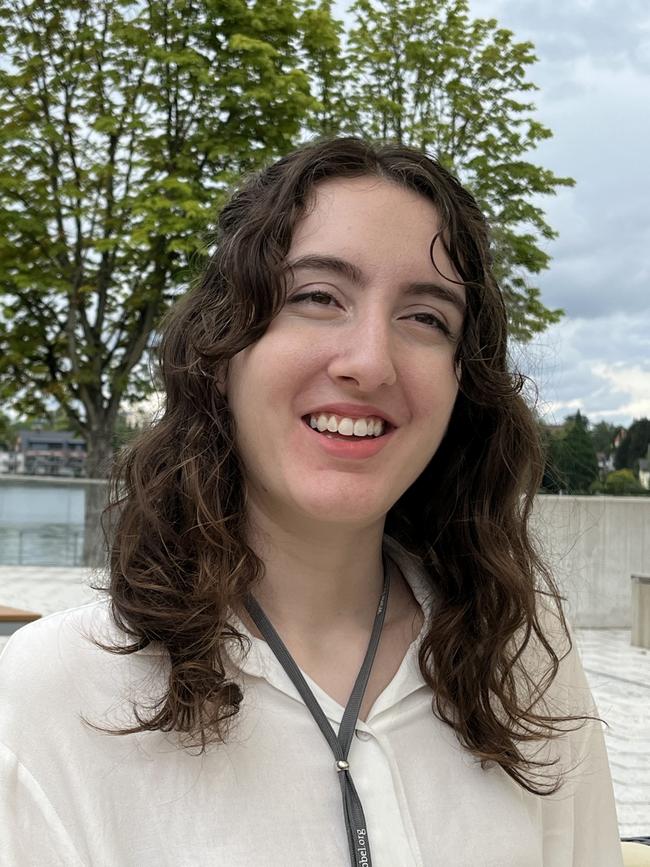
Lindau is also a particularly good opportunity for young scientists from non-Western countries to build the networks they need for a research career. Cheryl Henkels, a Brazilian who is using data from the world’s biggest particle accelerator, the Large Hadron Collider, to understand the structure of the proton and atomic nuclei, said the meeting was very helpful. “I would like to pursue an academic career but, in Brazil, there’s limited opportunities,” she said.
The Australian delegation made itself known by handing out small koalas – supplied by the Academy of Science – designed to hang from lanyards, and soon countless delegates were showing them off, including 2023 Nobel physics laureate Anne L’Huillier.
The academy says the Lindau meeting are one of the best opportunities young scientists have to promote Australian science abroad.
“Nurturing the next generation of young scientists is a priority for the academy so we can create a thriving research sector in Australia,” said Academy of Science president Chennupati Jagadish.


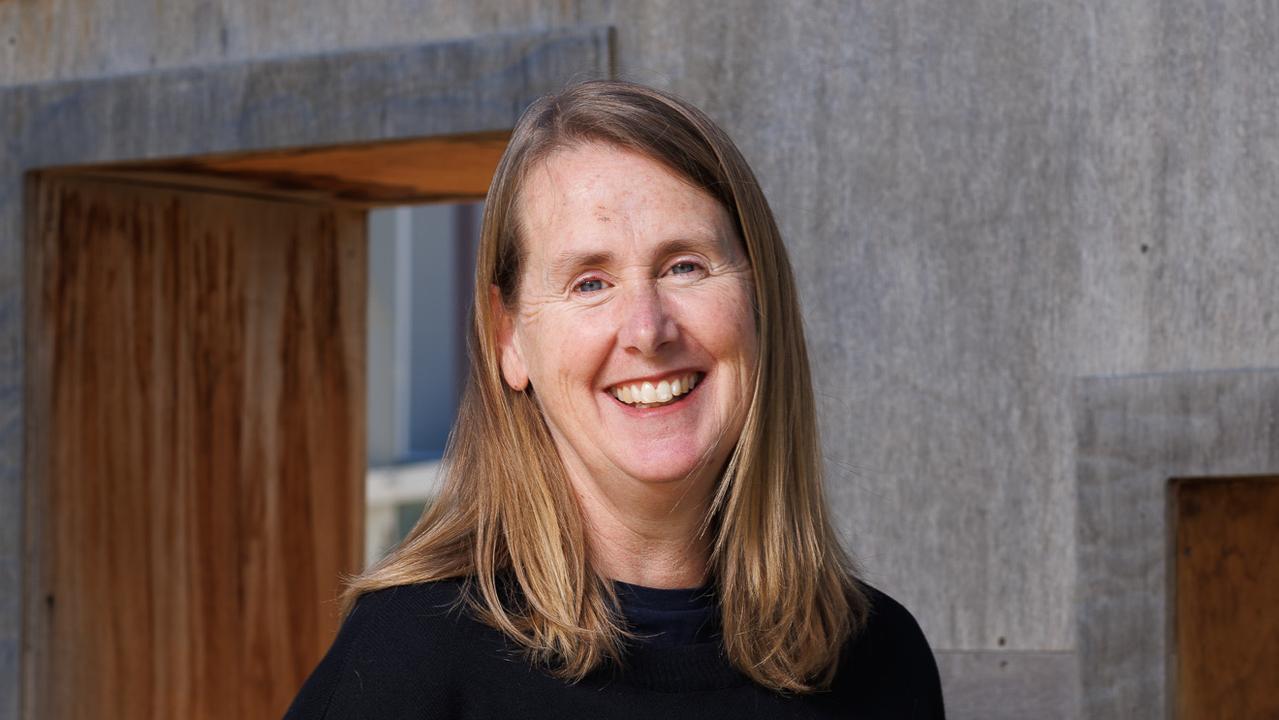
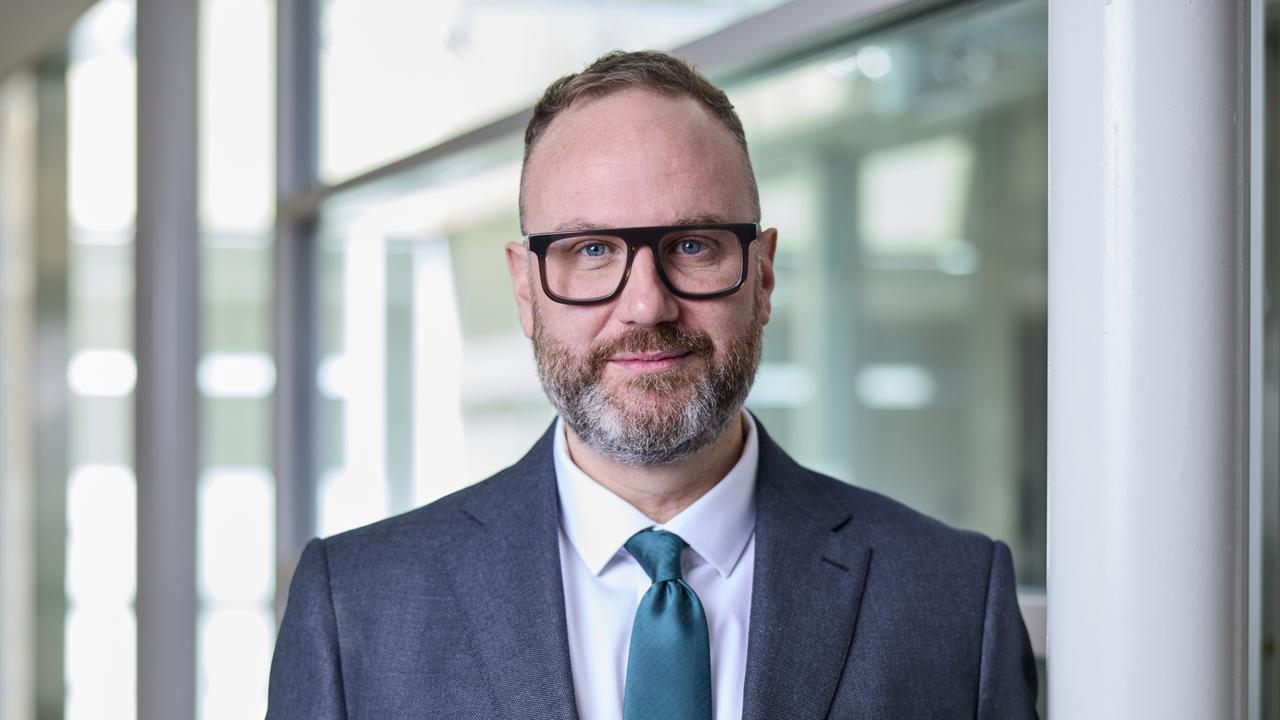
To join the conversation, please log in. Don't have an account? Register
Join the conversation, you are commenting as Logout